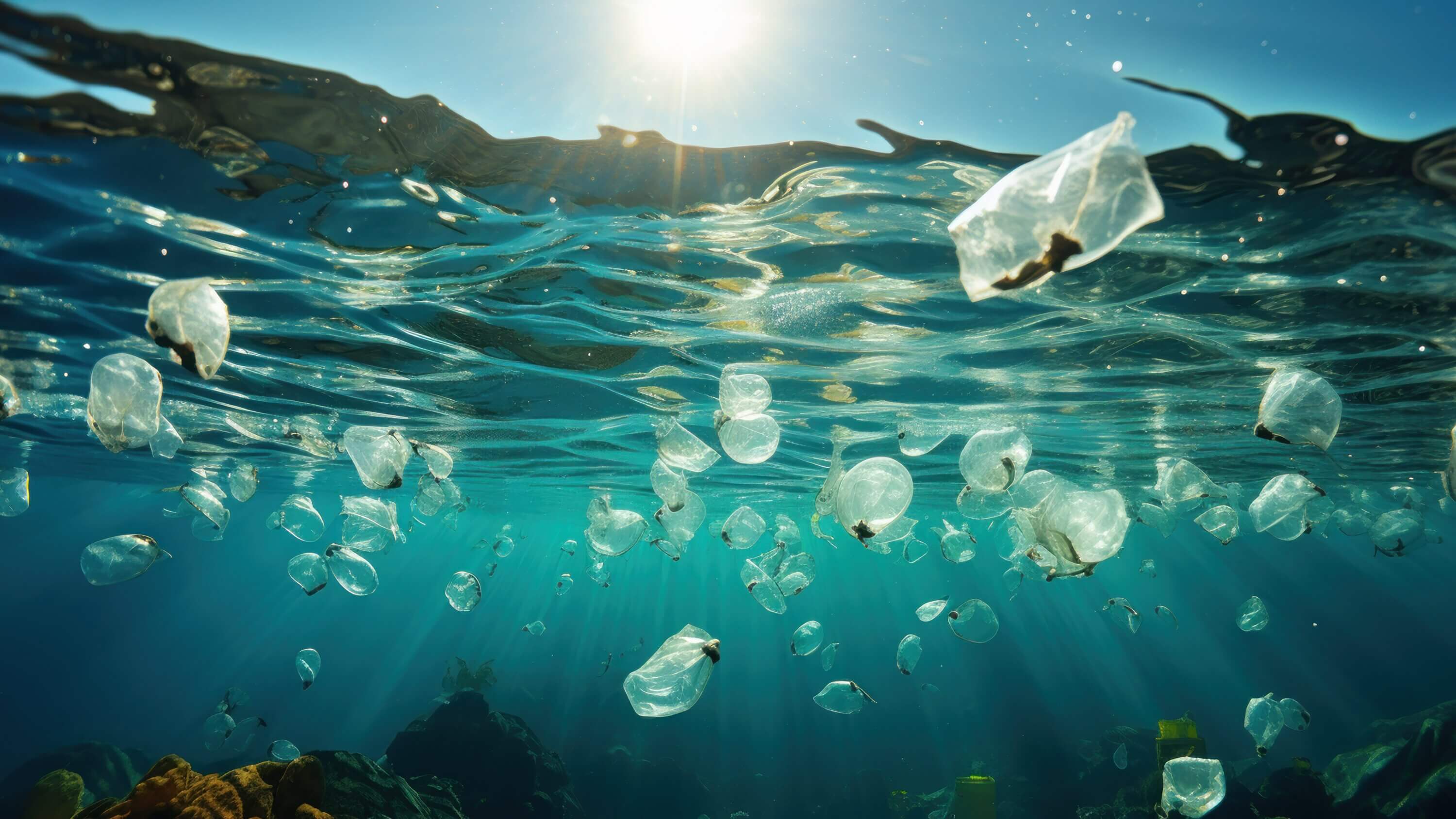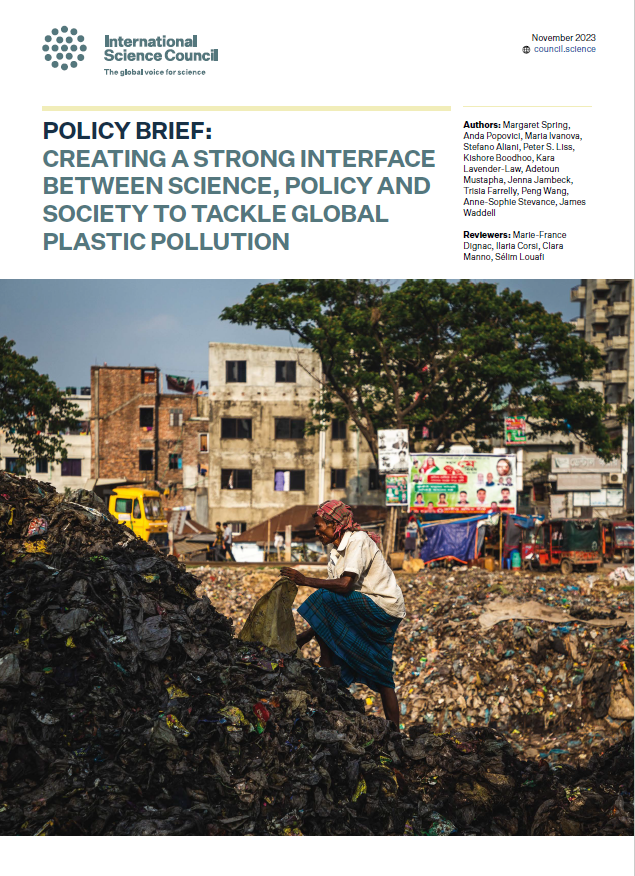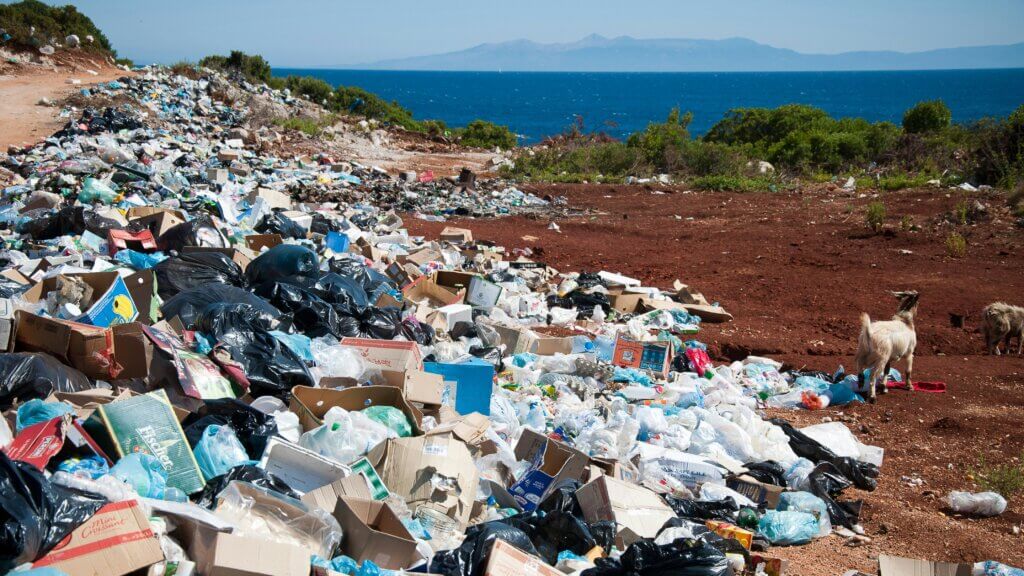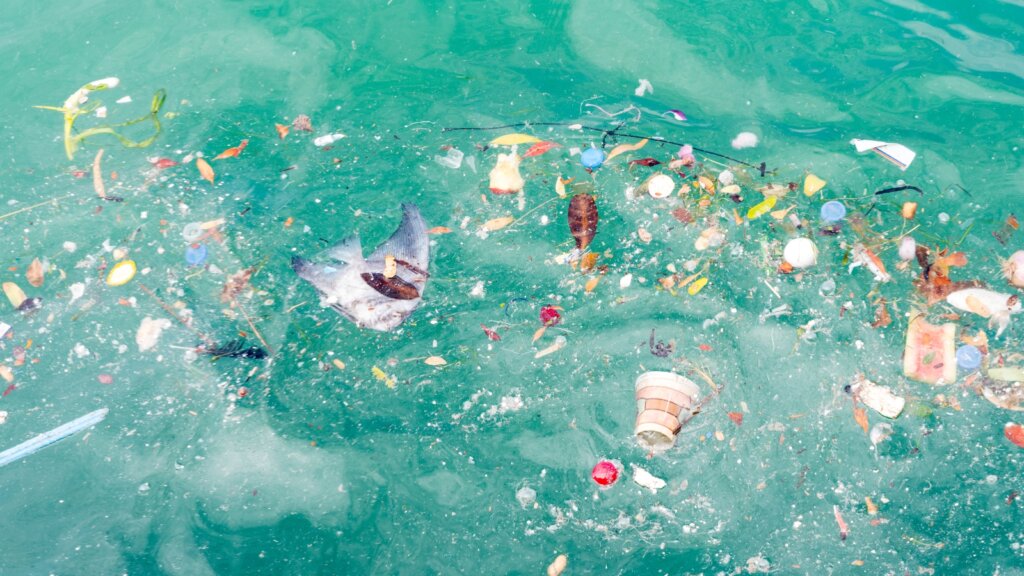
The fifth and final session of the Intergovernmental Negotiating Committee to develop an international legally binding instrument on plastic pollution, including in the marine environment (INC-5), is scheduled to take place from 25 November to 1 December 2024 at the Busan Exhibition and Convention Center in Busan, Republic of Korea.
The ISC is committed to advancing a robust legally binding instrument to end plastic pollution, grounded in the latest scientific evidence. Through active collaboration with Member States, the ISC is working to ensure access to comprehensive scientific insights spanning natural and social sciences.
The ISC expert group on plastic pollution has actively coordinated policy-relevant contributions, delivering statement and written inputs, organized side events and roundtables, participated in regional workshops and worked closely with national delegations during the intersessional period leading up to INC-5.
In preparation for the third session of the Intergovernmental Negotiating Committee (INC-3), the ISC released a policy brief on Creating a Strong Interface between Science, Policy and Society to Tackle Global Plastic Pollution. Ahead of INC-4 the ISC expert group produced a high-level commentary on Key requirements for a science-based international legally binding instrument to end plastic pollution.
The ISC expert group remains actively engaged in the negotiations, focusing on issues related to monitoring plastic pollution and assessing progress post-adoption. Effective implementation will also demand science-based guidance to support countries in fulfilling their commitments under the treaty. To this end, the ISC has promoted the need for a strong science-policy-society interface integrating diverse knowledge sources, including Indigenous and local knowledge, the latest scientific insights across natural and social sciences, and consideration of diverse implementation contexts to ensure practical and inclusive application. Drawing lessons from existing science advisory models in multilateral environmental agreements can help establish an effective, tailored mechanism for the treaty’s success.

Policy Brief: Creating a Strong Interface between Science, Policy and Society to Tackle Global Plastic Pollution
International Science Council, 2023. ISC Policy Brief: Creating a strong interface between science, policy and society to tackle global plastic pollution. Paris, International Science Council.
DownloadHigh-level Commentary: Key Requirements for a Science-based International Legally Binding Instrument to End Plastic Pollution
Key Requirements for a Science-based International Legally Binding Instrument to End Plastic Pollution. High-level commentary on the Revised draft text ahead of the fourth session of the Intergovernmental Negotiating Committee on plastic pollution (INC-4). Paris, International Science Council.

Statement at INC-5 webinar with the INC Chair
Read the statement from the INC-5 webinar presented by Anda Popovici highlighting the priorities needed to ensure a robust, scientifically grounded instrument.
 blog
blog
 blog
blog

Adjunct Researcher Nigerian Institute of Medical Research; Lead City University, Nigeria

Associate Professor and Director of the Sustainability Research Centre School of Engineering, Universidad del Desarrollo, Chile